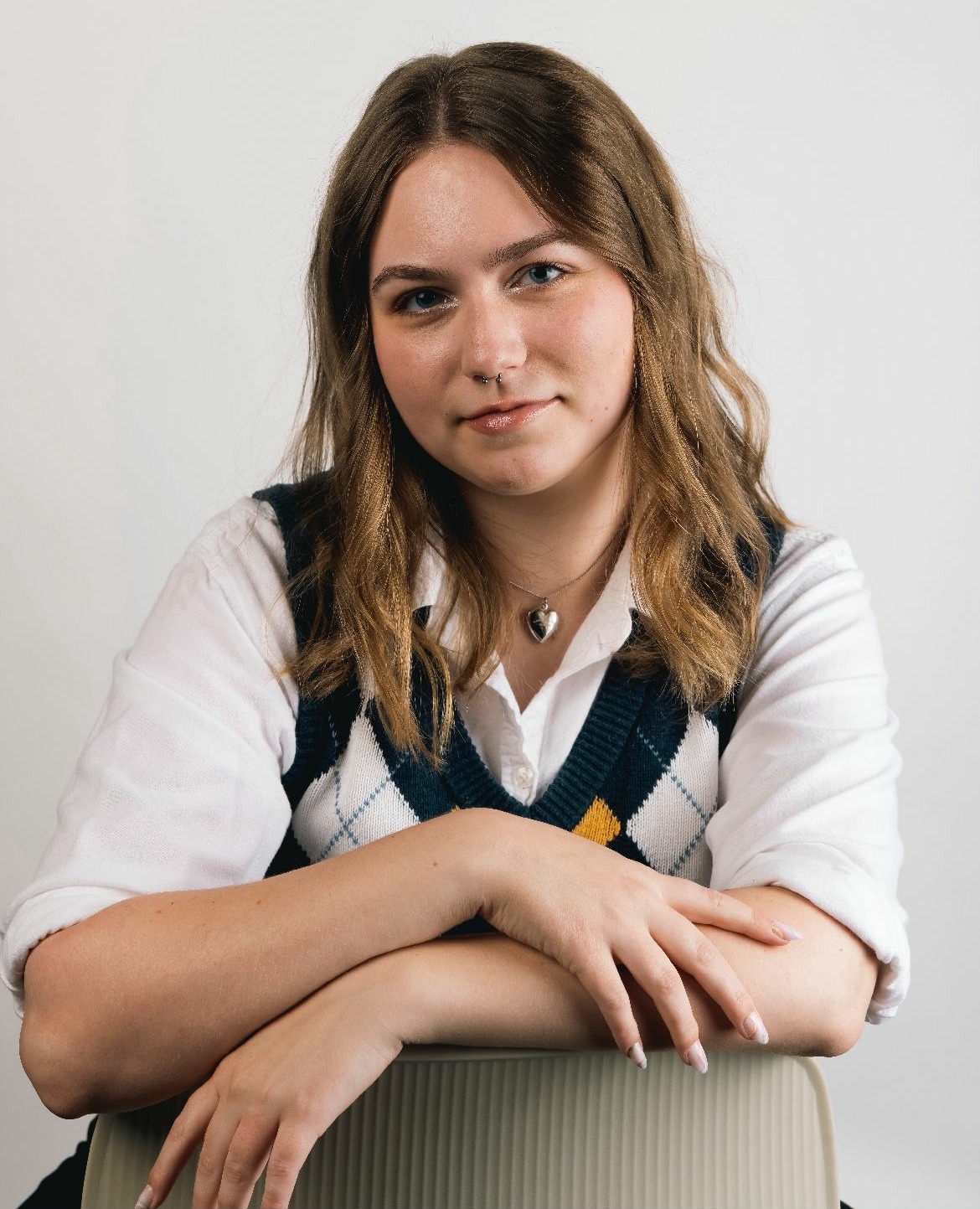Alright – so today we’ve got the honor of introducing you to Leo Frank. We think you’ll enjoy our conversation, we’ve shared it below.
Leo, appreciate you joining us today. Are you happier as a creative? Do you sometimes think about what it would be like to just have a regular job? Can you talk to us about how you think through these emotions?
I think as a society, we need to redefine what we constitute as a “regular job.” To me, any type of work that can support a person financially and contributes to the community in some positive way is a “normal” job. Artists have always had their place in thriving communities, and I think viewing our jobs that way would help more people connect with us rather than seeing our work as “alternative.”
I definitely think I’m happier as an artist than as someone with a more traditional job. Being surrounded by artists at SCAD has completely transformed the way I live because I finally found people who think like me. Though, I do sometimes think about what it would be like to have chosen a more conventional path in my life. Recently, I was playing a “questions” game with my close friend, and the question I had to answer was, “If you knew you’d never achieve anything of significance, how would your life change?” I told her I’d drop out and go back to working at Trader Joe’s.
I’ve worked several blue-collar jobs since the age of 16, which taught me a plethora of skills I still use today. But, when I think back to how I felt while working those jobs, I remember lacking a certain spark for my work and feeling unfulfilled with my contribution to society. My coworkers seemed perfectly happy, so why wasn’t I? As an artist, I feel as though I need to practice my art and share it every day, and the only way for me to do that is to pursue a creative career. Even if I don’t win an Oscar or become the best in my field, improving my skills as a creative daily is how I achieve significance. The only way I could permanently go back to a “conventional” job is if learning and improving my creativity wasn’t an option. I sincerely doubt that will ever be the case.
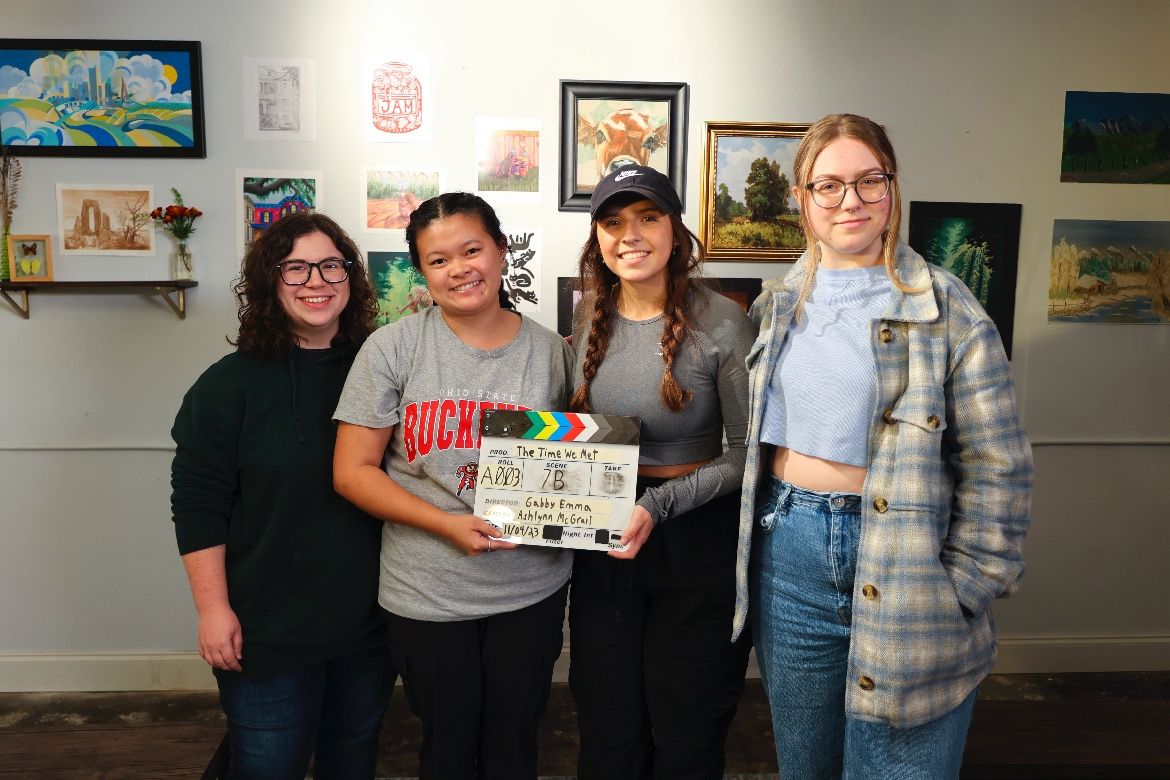
Great, appreciate you sharing that with us. Before we ask you to share more of your insights, can you take a moment to introduce yourself and how you got to where you are today to our readers.
Currently, I’m a senior at the Savannah College of Art and Design studying film and television with a minor in producing for film and media. As a child, I experimented with all kinds of art, such as dancing, singing, drawing, writing, sewing, painting, yoga, playing instruments, the list goes on… film is the only thing that has stuck throughout my life. One of my favorite things to do as a kid was to sit in front our ancient Mac and edit videos of my friends to music on iMovie.
It took me a while to find my niche within film despite practicing it for so long. I did a lot of camera work and editing in high school, and I thought I wanted to be a director for the longest time. I fell in love with producing in my first film class at SCAD after I realized there was a job in film that could equally exercise the creative and logical sides of my brain. As I’ve further developed my niche, I’ve found that I love television and music videos most out of all the genres of filmmaking.
Describing my job as a producer is like following a twisty network of clues on a corkboard. Sometimes I’m creating pitches for film and television from scratch, other times I’m connecting people to build a successful crew, and yet other times I’m holed up in my room perfecting a spreadsheet. The simplest way I can describe my job is taking the amorphous, blooming creative ideas of those around me and transforming them into a concrete, achievable plan of action.
Producing has helped me develop a wide range of skills that I think are transferable to an unlimited amount of jobs. It takes interpersonal skills, organization, creative problem solving, communication skills, and countless others to successfully manage a production. Something that I think that sets me apart is how much I value getting to know my co-creatives on a personal level. Every person has a beautiful web of traits and experiences that help me better understand their working style when I take the time to know them.
Aside from film, I love music, cats, baking, and poetry. Also, I’m a Pisces, if you couldn’t already tell.
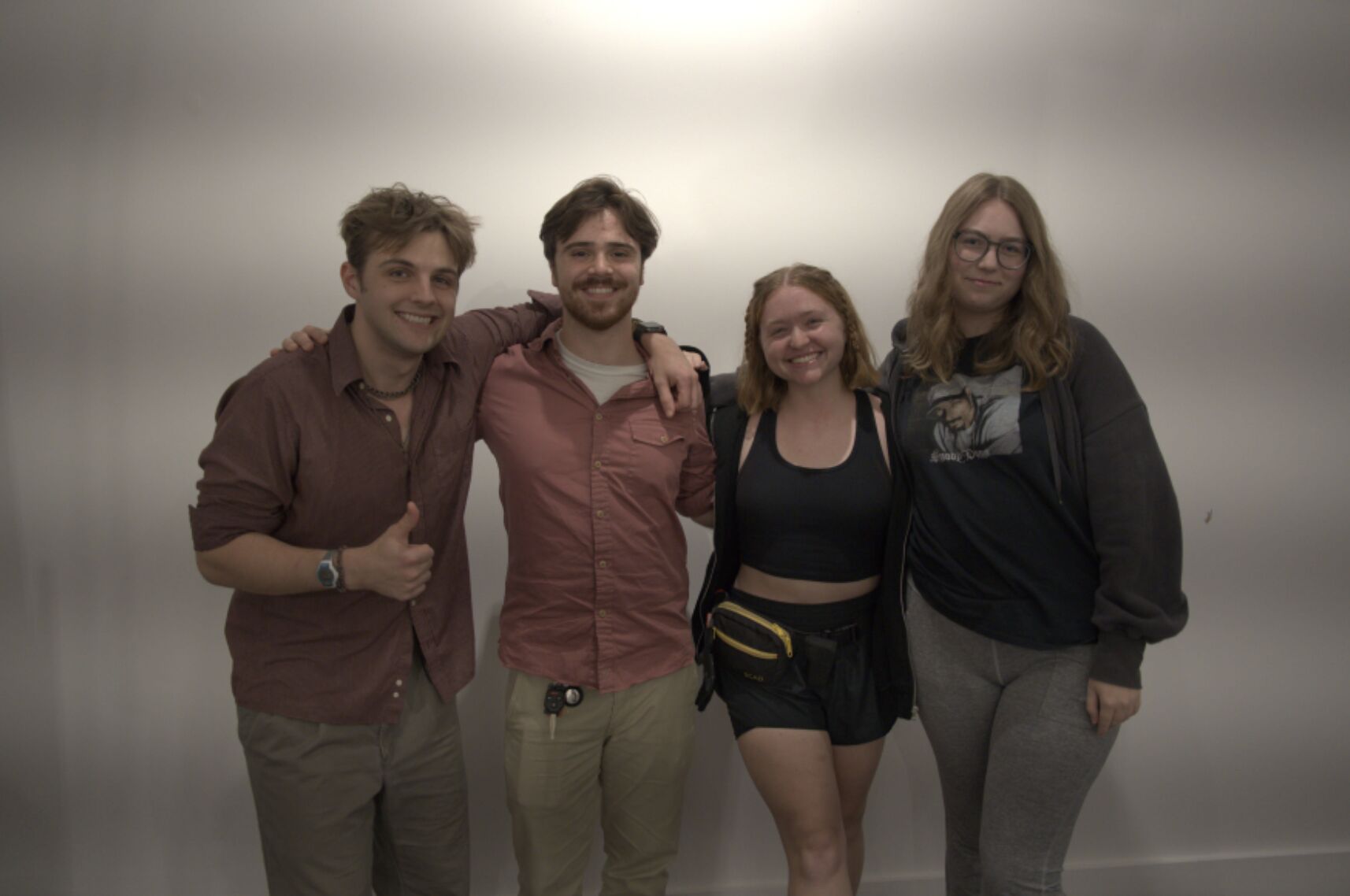
Let’s talk about resilience next – do you have a story you can share with us?
Resilience is a skill I’ve had the longest and one that I’m most proud of. Being diagnosed with Type 1 Diabetes at age five is one of my defining moments, as it has shaped the way I think, act, and exist ever since. T1D is a chronic autoimmune condition that requires me to use artificial insulin as a lifesaving medication. The consistent management of my health requires a great deal of persistence, and accepting the fact that my condition is incurable has demanded mental strength and tenacity. (Along with the never-ending battles I have with health insurance and the healthcare system in general.) Choosing to fight for myself and take extra steps to ensure my body and mind are healthy is my lifelong demonstration of resilience.
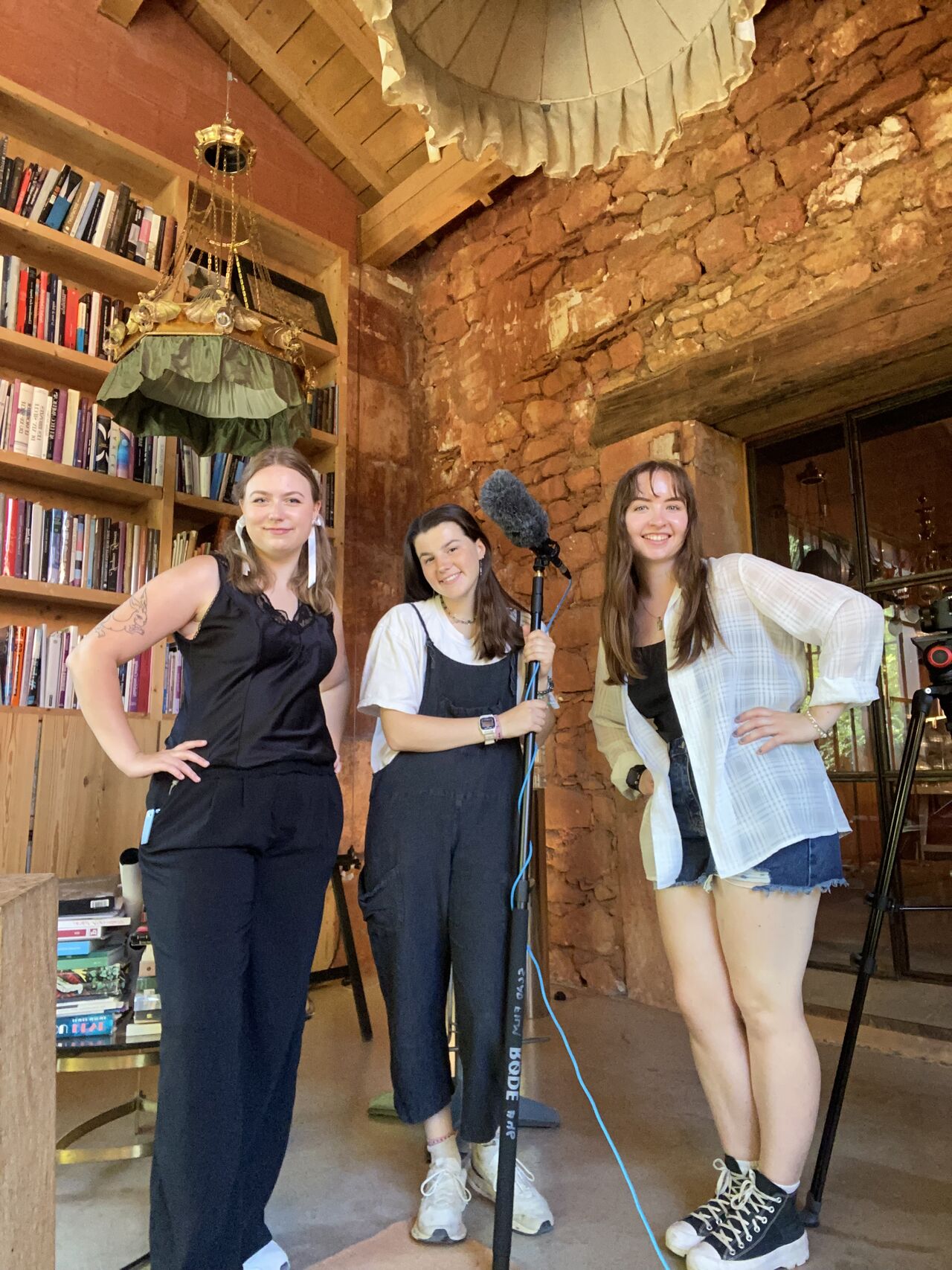
Is there a particular goal or mission driving your creative journey?
My main goal as a filmmaker and producer is to find the middle ground between creativity and business. As much as film is a creative endeavor, it is also a business model, and money plays a huge role in all productions. I tend to find that a lot of filmmakers are adamant about artistic meaning, depth, and taking creative chances, while a lot of studios/executives/businesspeople are focused on commercial success, reaching a large audience, and taking safe bets. While neither approach is wrong, I hope to create and expand a healthy middle ground, where both filmmakers and businesspeople can be satisfied with the work they’ve made.
One of the main reasons why I love film is because it’s a universal mode of communication. Moving images can connect with any person who speaks any language and comes from any background, and each person will derive their own meaning from what they see. The little girl who used to compliment everyone in the grocery store is still within me as I try to connect with as many people as possible through my art. My life goal of learning the widely varied human experience translates well to representing it on screen, I think. If I get to do that as a career, I will achieve everything I need to in my time on Earth, and hopefully I’ll become fulfilled in the process.
Contact Info:
- Website: https://leofrankproductions.wixsite.com/leofrank
- Linkedin: https://www.linkedin.com/in/leo-frank-2610a2269/
- Other: IMDB: https://m.imdb.com/name/nm15734739/?ref_=m_ttfcd_cr
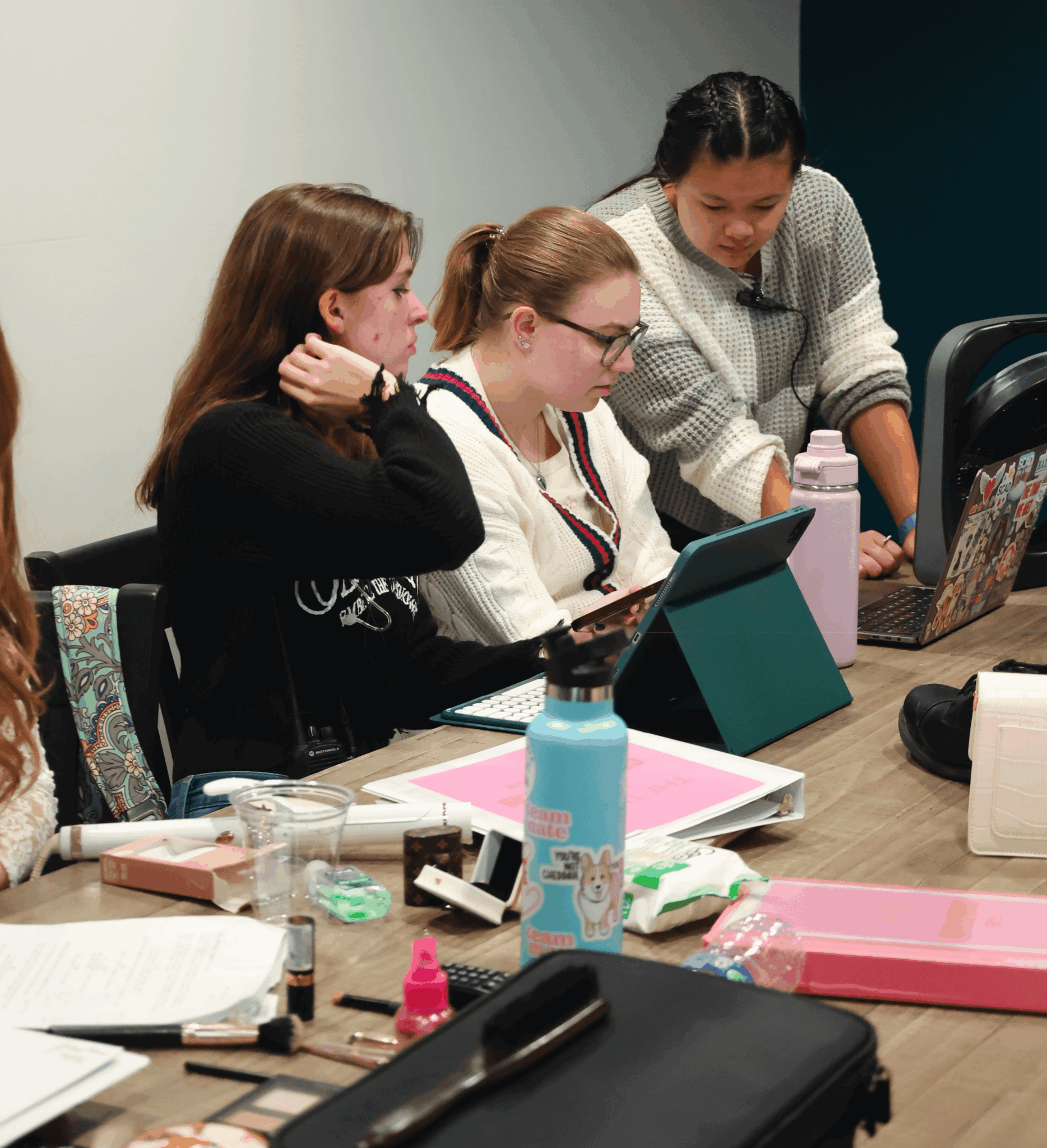
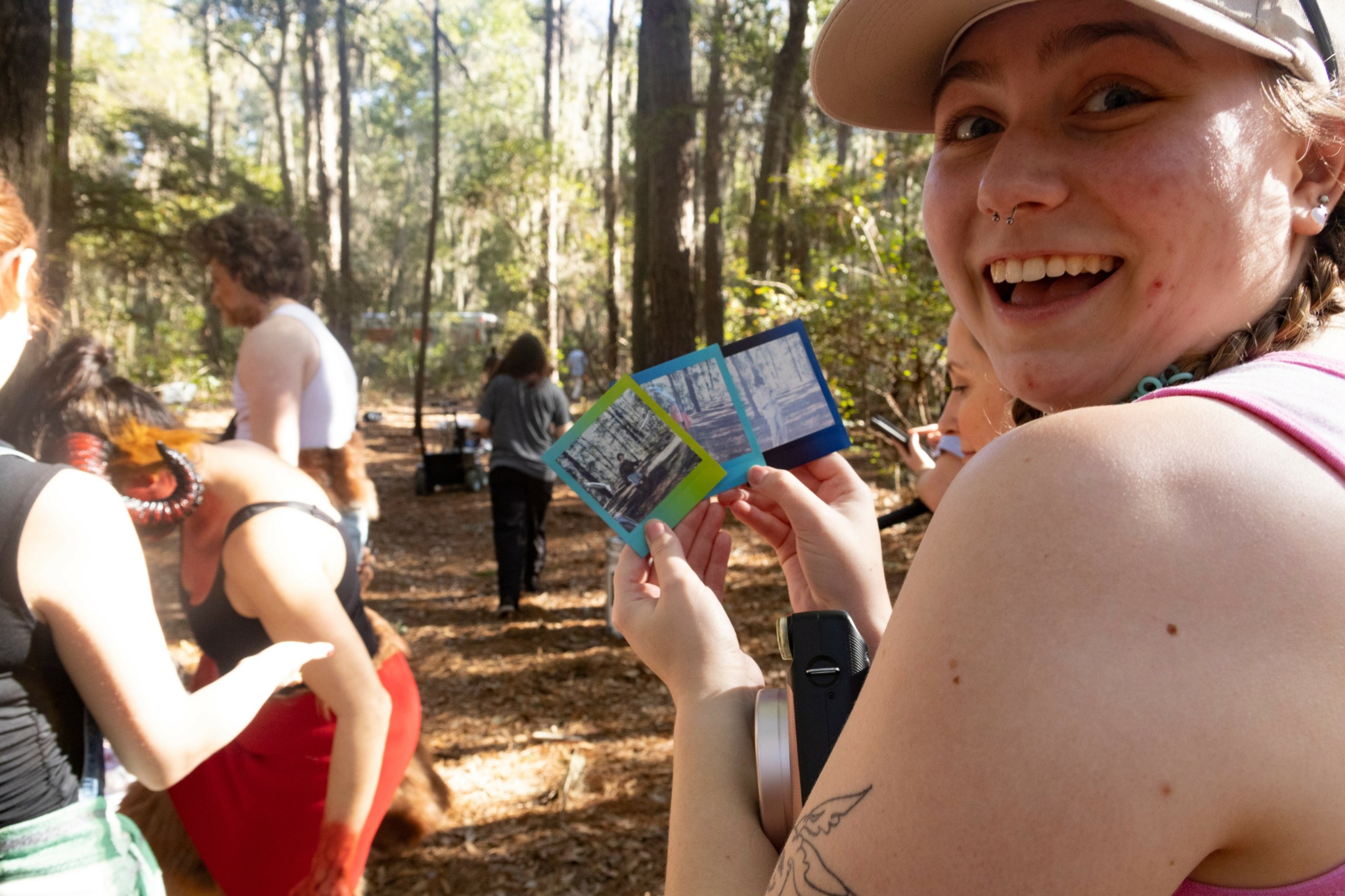
Image Credits
Image Credits: Caitlin Sellman, Nina Marceny


